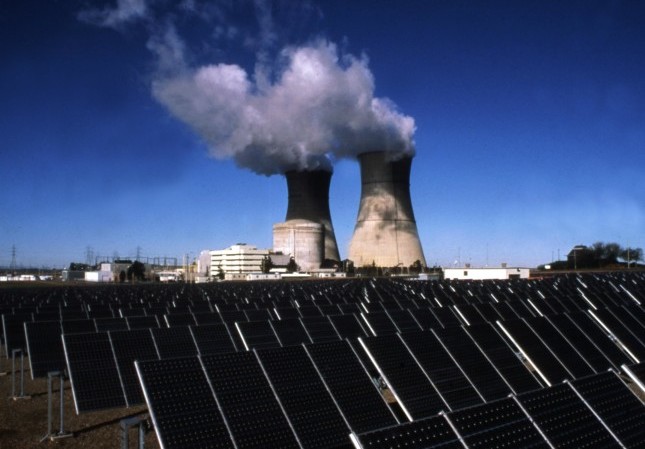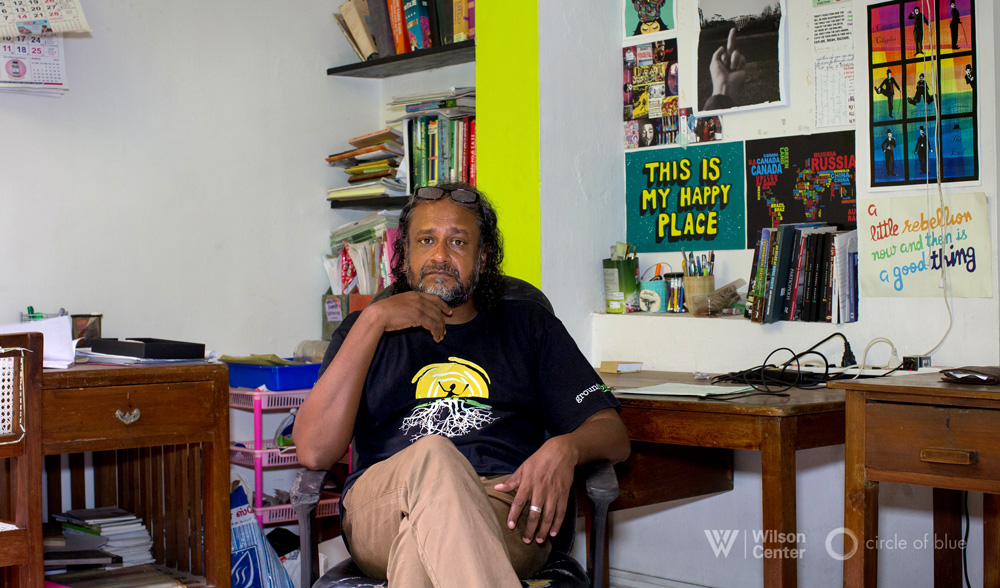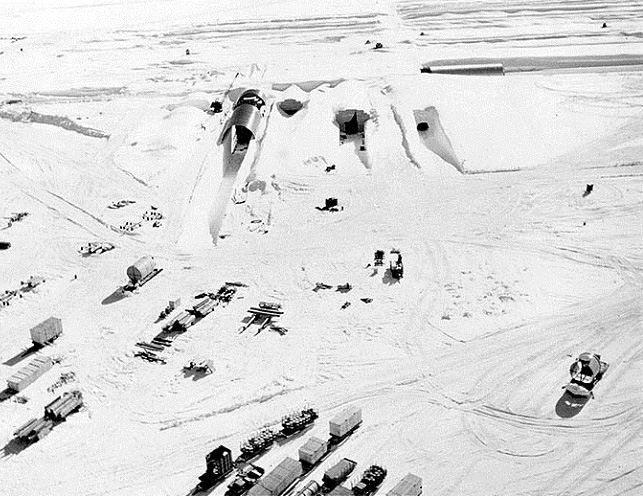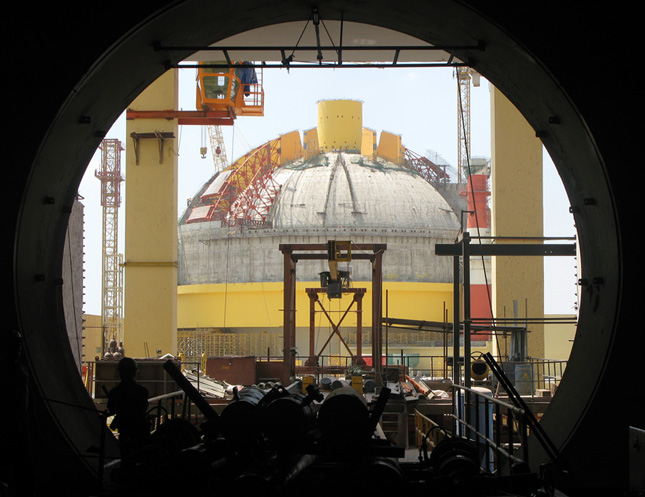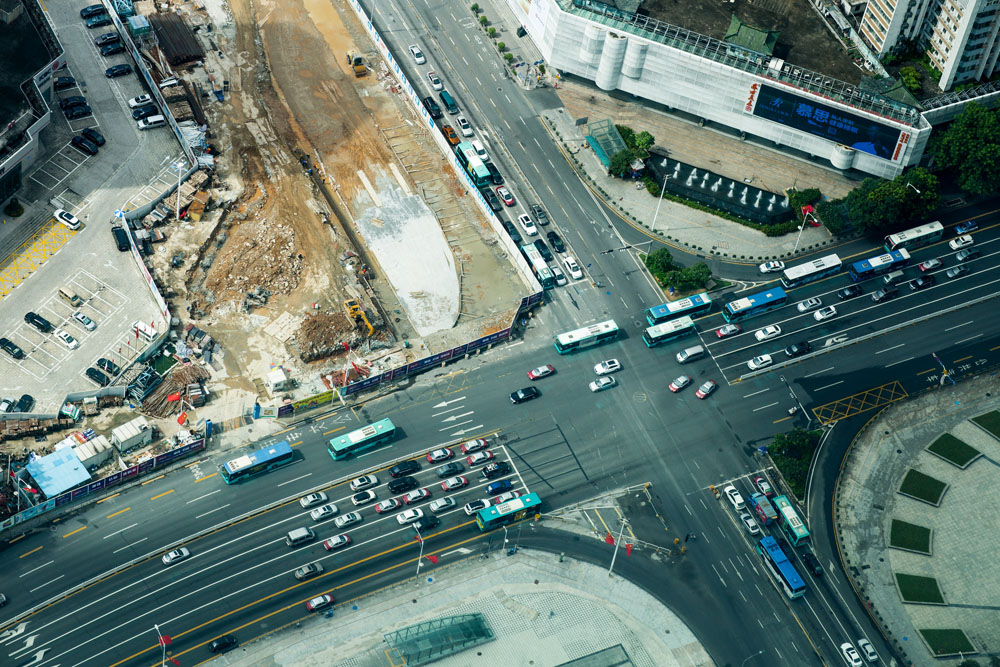-
Climate Change and Nuclear War: Existential Threats on a “Split Screen”
›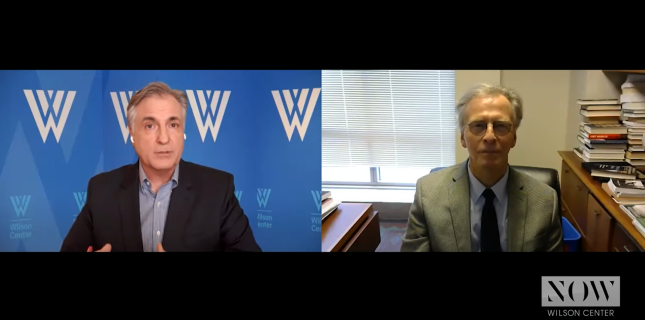
“In international relations today, we face two truly existential threats—in climate change and in nuclear war,” says Robert Litwak, Senior Vice President for Scholars and Director of International Security Studies, in a new episode of Wilson NOW. The interview with Litwak focuses on his new article, “Geostrategic Competition and Climate Change: Avoiding the Unmanageable,” recently published in 21st Century Diplomacy: Foreign Policy is Climate Policy.
-
Could Renewable and Nuclear Energy Be the Key to Fighting Climate Change?
›
“Today we face two existential threats: nuclear annihilation and catastrophic climate change,” writes Daniel Poneman, former Deputy Secretary of the Department of Energy, in his book, Double Jeopardy: Combating Nuclear Terror and Climate Change. “Both stem from human origins. We need to fight both threats aggressively.” At a recent event hosted by the Wilson Center, Poneman discussed his book. While the dangers of nuclear energy are clear from incidents like Fukushima and Chernobyl, Poneman proposes policies that aim to encourage a safe, non-carbon baseload power that responds to the Intergovernmental Panel on Climate Change (IPCC) 2018 report and keeps our global temperature rise below 2 degrees Celsius above pre-industrial levels, per the 2015 Paris Climate Agreement.
-
New Media Helps Galvanize Tamil Nadu to Fight a Toxic Legacy
› -
Melting Ice Threatens to Expose Former U.S. Nuclear Base in Greenland
›
Climate change is poised to remobilize hazardous wastes that the U.S. Army abandoned and believed would be buried forever beneath the snow and ice in Greenland.
-
Christine Parthemore, Center for Climate and Security
How Are Climate Plans Affecting Nuclear Security?
›May 5, 2016 // By Wilson Center Staff
Today, new nations are pursuing civilian but dual-use nuclear capabilities, the threat of non-state actors seeking nuclear materials may be growing, and countries continue to debate proper ways to enhance nuclear safety, security, and nonproliferation systems to keep up with the pace of change. At the same time, governments worldwide are having difficulty managing the effects of a rapidly changing climate, such as more damaging natural disasters and resource stress. The relationships among nuclear, climate, and security risks are growing more complex and interconnected, and these issues are likely to begin converging in new ways. By early 2016, it has become clear that the international community must take a fresh look at the ways in which they are likely to connect and potentially collide in the years ahead, and foster deeper dialogue on what should be done about it.
-
Can the “World’s Largest Urban Area” Clean Up Its Act? Shenzhen and the Pearl River Delta
›SHENZHEN, China – In 1980, the year Deng Xiaoping established Shenzhen as China’s first special economic zone, opening its mercantile sectors to market capitalism and free trade principles, an attractive, tree-shaded commercial district known as Dongmen was home to 30,000 residents near the center of a metropolitan region of 300,000.
Thirty-five years later, Dongmen is a crowded commercial neighborhood of 300,000 residents at the edge of a metropolitan region of 18 million, China’s fourth largest.
Showing posts from category nuclear.


